Coronavirus: Freedom the first casualty in an anxious city
As Police enforce a night curfew across a virus-hit city and army reinforcements deploy to manage the chaos, Australia faces one of its blackest moments in peacetime history.
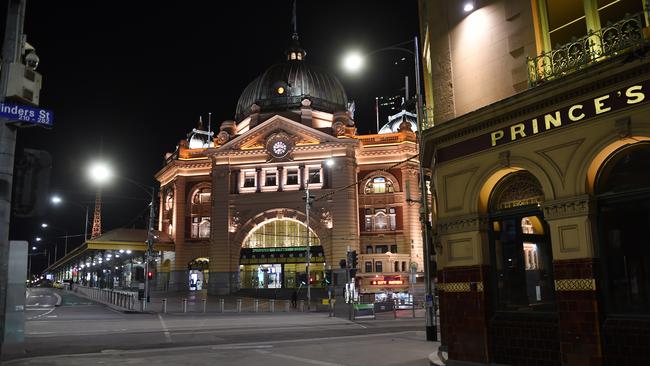
This is one of the blackest moments in Australian peacetime history.
Police to enforce a night curfew across an anxious city flooded with a virus; army reinforcements called in to help manage the pandemic chaos.
Industry, already on its knees, facing unprecedented restrictions that can do nothing but garotte the national economy.
Victorian Premier Daniel Andrews has effectively turned off the lights in Australia’s second biggest economy but he is doing this with Prime Minister Scott Morrison’s backing.
These latest measures _ and let’s pray they work _ will lead to thousands of more lost jobs and imperil thousands of more businesses. There is no other likely outcome.
Perhaps most seriously, it has curbed such basic everyday freedoms as the right to move freely between suburbs and, for many, the opportunity to earn an income.
People already reeling under the strain of a sclerotic five month campaign to beat the virus confined to their homes except for brief passage to exercise or buy food. Children, anxious and suffocated by school closures, facing arguably the toughest lockdown conditions ever imposed in modern Australia.
The social penalties are going to be as profound as the economic cost; these draconian measures will isolate a city built on the spirit and openness of culture, hospitality and sport.
The federal budget assumptions will be shot, every treasurer in the country deeply nervous about the future.
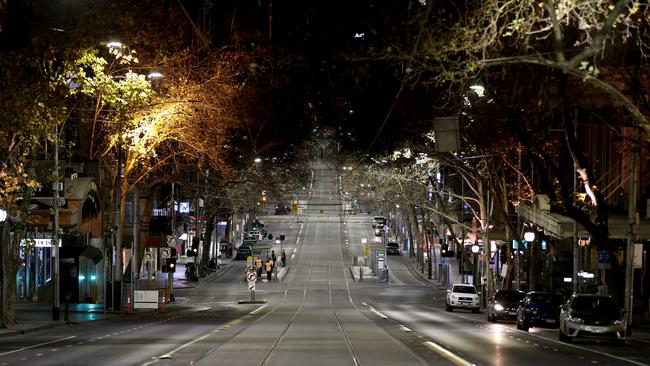
“In part, there’s some shock and awe here for people to genuinely understand that it’s a super challenging phase we are in,” Victorian Chief Health Officer Brett Sutton conceded.
The plan is to stun the community into submission, sending them back into their homes for six punishing weeks.
Andrews’s judgment is that had he not pulled these levers, Victoria could well be facing hundreds of extra cases each day until Christmas. “I think volume is the friend of no system,” he lamented.
The obvious next step is that Victoria could not sustain hundreds of new coronavirus cases each day, which naturally would bleed into hundreds of deaths over time, most of which would involve the vulnerable.
The savage truth is that the vulnerable are going to cop it regardless, with job losses, poverty and homelessness.
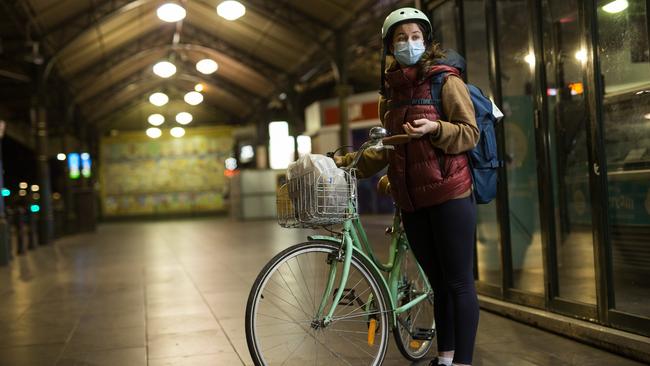
The very people that Victorian Labor aim to represent are the cohort most exposed to economic and personal ruin. They are the same people who are getting sick.
We know the virus was spread at first by the wealthy and the well-travelled, returning as they did from the ski fields of Aspen and the rocky hills of Provence.
But the coronavirus maps show that the COVID-19 case load is heavily biased towards struggle towns in Melbourne’s outer west and outer north.
The relationship between Spring Street and Canberra is very complex. It redefines the notion of passive aggression.
Morrison said on Sunday he was right behind the Victorian government.
“The federal and Victorian state government are working together and doing everything we can to get on top of this latest outbreak,” he wrote on Facebook.
“Australians all around the country are backing you in, because we all know for Australia to succeed, we need for Victoria to get through this.”
Outwardly, there is cohesion but beneath the surface, deep anger about the way the coronavirus outbreak in Victoria has been managed.
The inquiry into the government’s handling of hotel quarantine will finish not long after the next six-week lockdown block is pencilled to end.
So much of what has happened has been policy on the run, forced in many ways by the viciousness of the coronavirus.
Victoria is once again sprinting to an unknown finish line with only part of Lockdown 3.0 dealt with during the Sunday press conference.
In some ways, Melbourne is Australia’s gateway to the world.
The busiest container port in the country and the southern centre of supply chains. We will know tomorrow which industries will be stopped for six weeks, which sectors slowed and which sectors survive.
This is going to be a bloodbath for some sectors. It may well determine the supply of such basic staples as meat, poultry and electrical goods across Australia.
We know these industries are vulnerable because each day the Victorian Department of Health and Human Services releases statistics that show where the key COVID-19 outbreaks area.
Many are linked to meatworks and supermarket and warehouse distribution.
These are the supply chains that Scott Morrison, Josh Frydenberg and Daniel Andrews are so desperately worried about.
Andrews has been stating repeatedly that workplaces are driving much of the coronavirus transmission across Victoria.
It’s the ultimate Catch-22.
Most people have been going about their business with the honest aim of feeding their families and paying the rent. Only to spread a virus that kills the vulnerable and is threatening to destroy a nation’s economic future.
Australia has not been this vulnerable for generations.
More Coverage
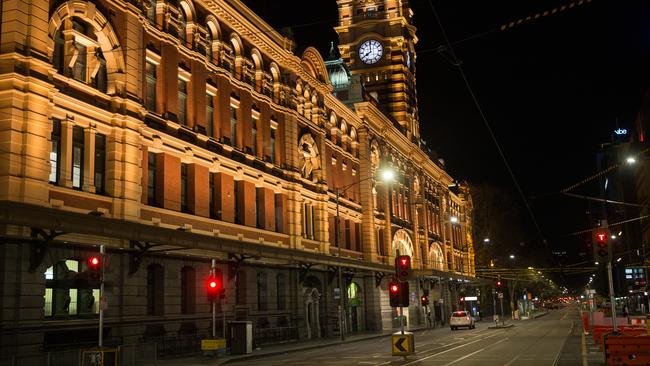


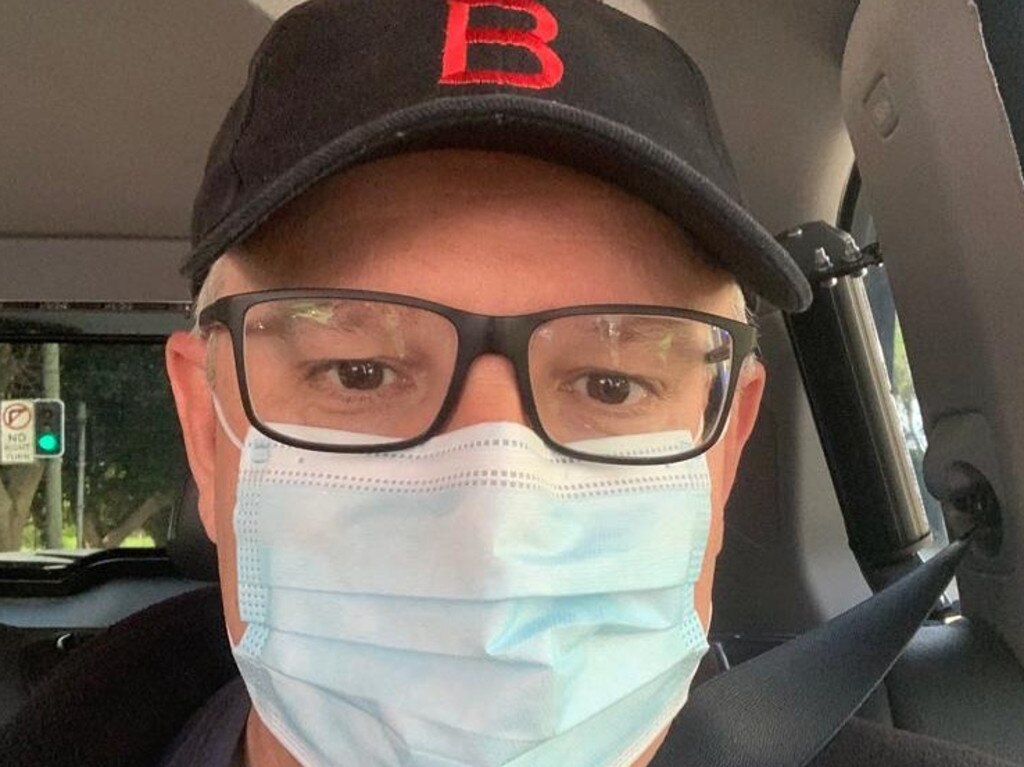
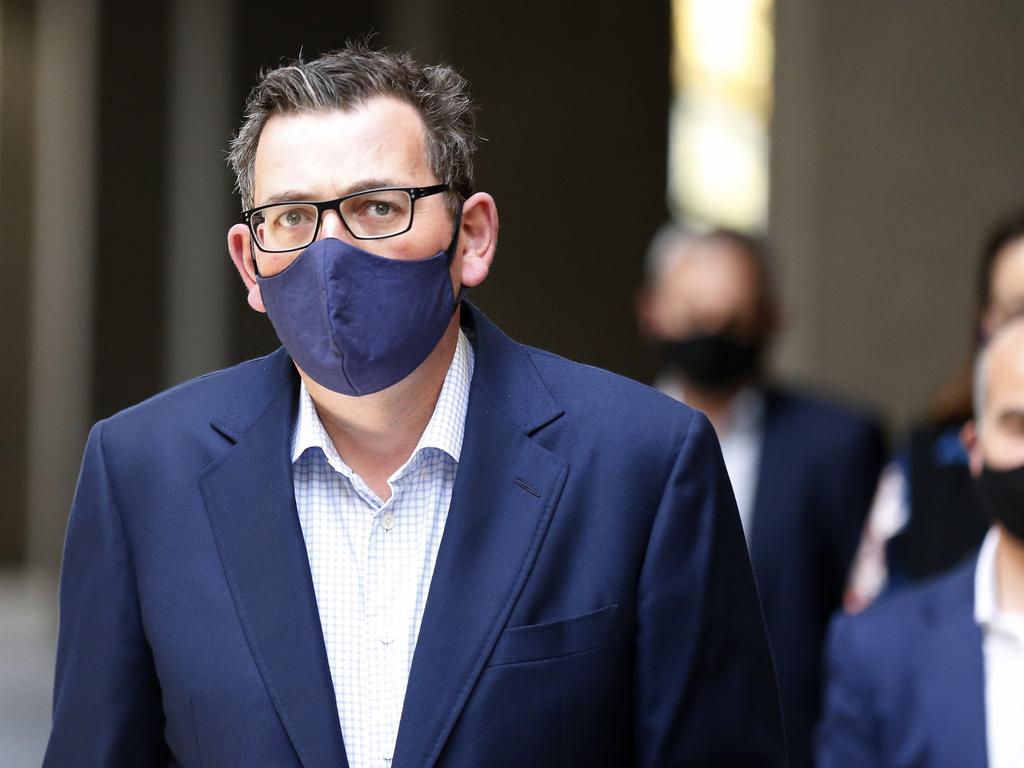
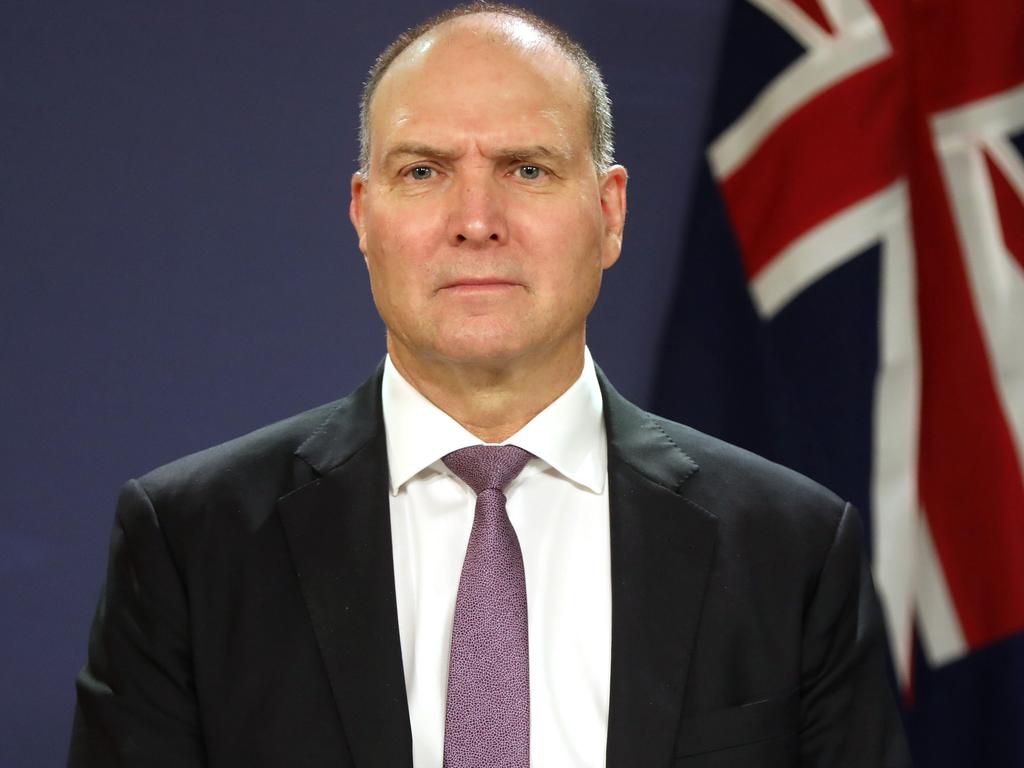
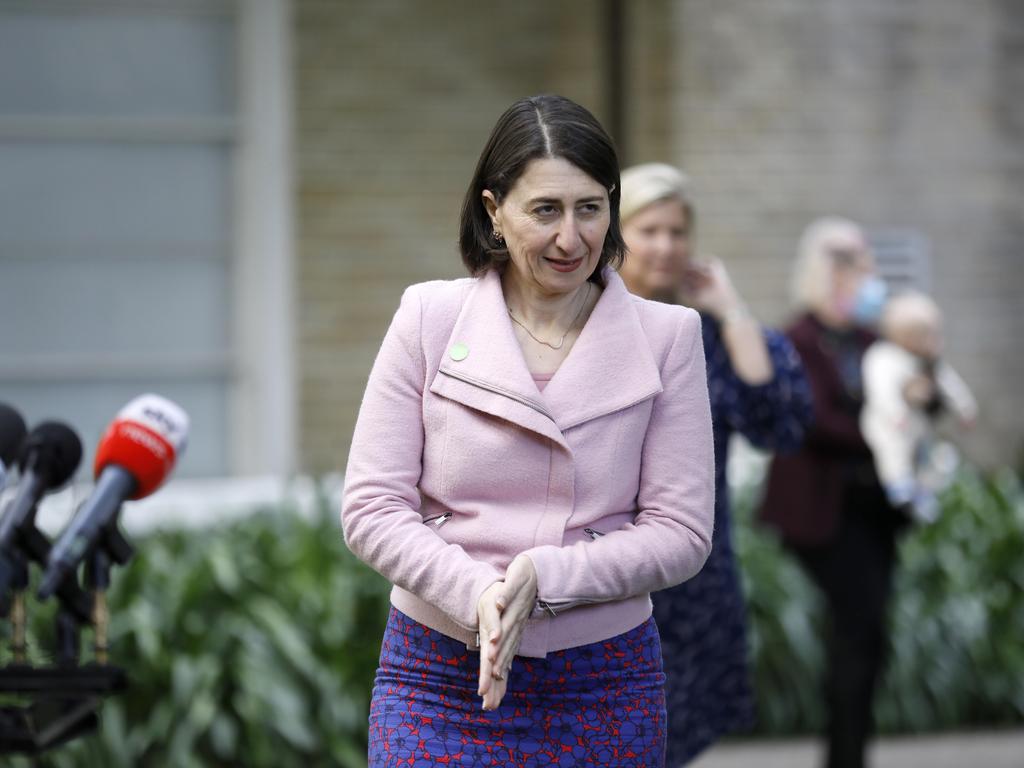


To join the conversation, please log in. Don't have an account? Register
Join the conversation, you are commenting as Logout